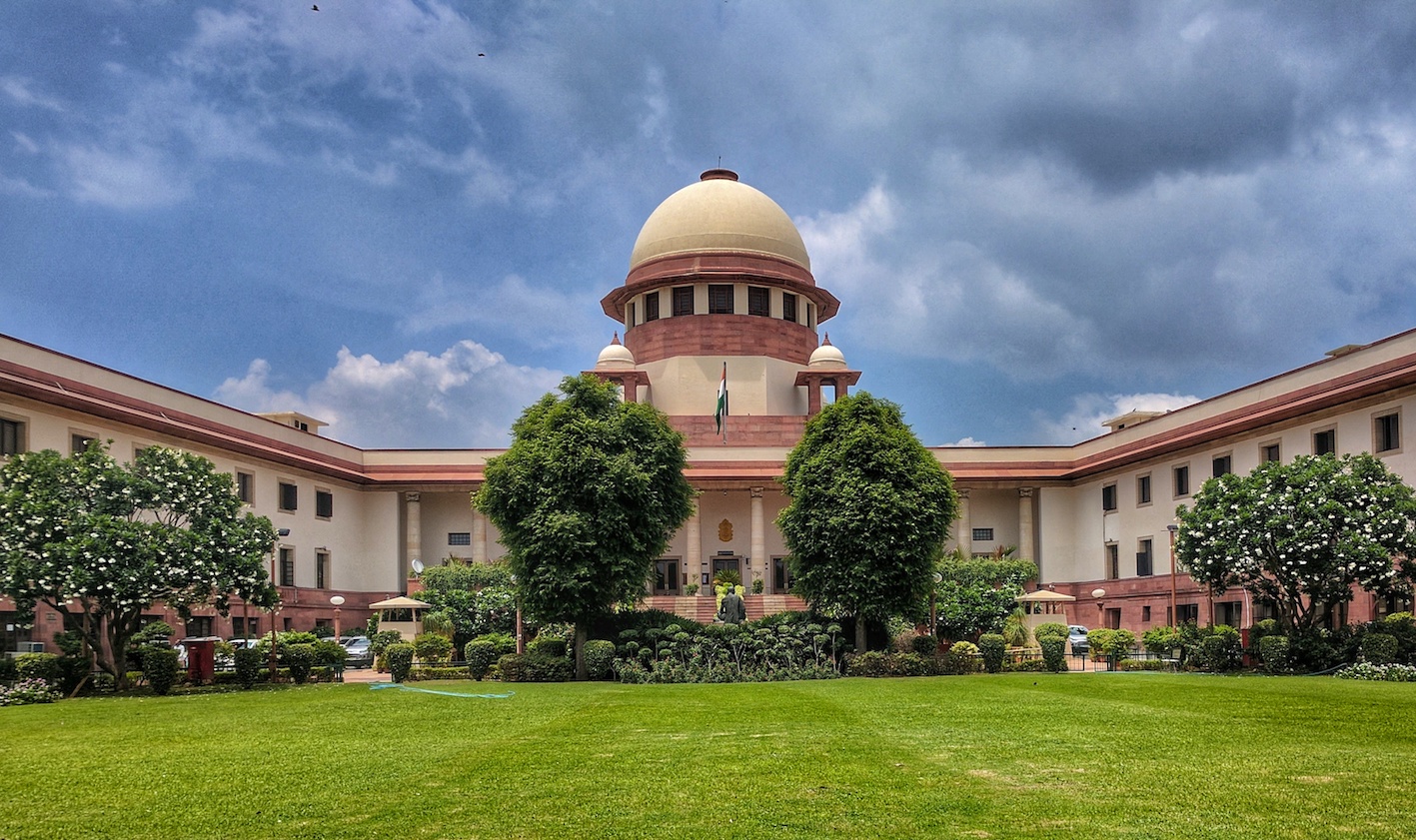Court of First Instance legally obligated to specify whether the sentences would run Consecutively or Concurrently: Supreme Court
On deciding the term sentence, the Supreme court held that it is legally obligatory upon the Court of the first instance while awarding multiple punishments of imprisonment, to specify in clear terms as to whether the sentences would run concurrently or consecutively. This judgment was passed in the case of Sunil Kumar @ Sudhir Kumar & Anr. vs. The state of Uttar Pradesh [Crl.A.No.526/2021] by a Double Bench consisting of Hon’ble Justice Dinesh Maheshwari and Hon’ble Justice Aniruddha Bose.
In the present case, the question of law was restricted to the question of sentence and the appellants were convicted under sections 363, 366 and 376(1) of the Indian Penal Code. They had already undergone 13 years and 2 months of imprisonment. Section 366 and 363 of IPC was filed against the accused based on the complaint of the Complainant’s daughter who had gone to school and not returned. In the course of the investigation, the victim girl was recovered and, ultimately, the charge sheet was filed against the appellants for offences under Sections 363, 366 and 376 IPC. The sessions trial court convicted them under the above-mentioned offences. The trial court sentences the appellants for rigorous imprisonment for a term of 5 years with a fine of Rs. 2,000/- and in default, further imprisonment for 6 months for the offence under Section 363 IPC; rigorous imprisonment for a term of 7 years with a fine of Rs. 3,000/- and in default, further imprisonment for 1 year for the offence under Section 366 IPC; and rigorous imprisonment for a term of 10 years with a fine of Rs. 5,000/- and in default, further imprisonment for 1½ years for the offence under Section 376(1) IPC. The trial court failed to specify if the punishments would consecutively or concurrently and if consecutively, the Trial Court did not specify the order in which one punishment of imprisonment was to commence after expiration of the other. while the Trial Court sentenced the appellants for offences under Sections 363, 366 and 376(1) in that order, the High Court provided for the modification of default stipulations in converse order i.e., for offences under Sections 376(1), 366 and 363 IPC respectively.
The counsel for the appellants and respondents heavily argued with the precedents under section 31 of the code of criminal procedure which dealt with the sentences in cases of conviction of several offences at one trial. The Supreme court heard both sides of the case at great length before rendering its observation.
The supreme court observed that section 31(1) CrPC completely vests discretion with the court to order the sentences for 2 or more offences at one trial to run concurrently having regard to the nature of offences and the surrounding factors. Even consecutive running of punishment has been laid down. Further, the court of the first instance has a legal obligation to specify whether the sentences would run consecutively or concurrently in case of multiple sentences. In the cases where the court specifies or decided on the consecutive running of the sentence, it is obligated to state the sequence in which they are to be executed. The Supreme Court observed that both the trial court and high court failed to address these questions of law.
The Supreme court held that on the omission of the courts to specify the running of sentences, the multiple sentences would operate consecutively as per section 31(1) CrPC read with the decisions of Muthuramalingam and O.M. Cherian by the Apex Court. It is imperative to notes that on the omission to state that the sentences would run consecutively it would not lead to the concurrent running of sentences. The Supreme Court held that the principle of “single transaction” cannot be invoked due to the omission of the court since the facts and offences under which the appellants /accused are charged differ from case to case. The Supreme court held that in view of the facts of the case and section 31(2) CrPC, the maximum period of imprisonment to be served by appellants shall be 14 years and not beyond.
The Supreme Court concluded by holding, “It needs hardly an emphasis that any omission to carry out this obligation by the Court of first instance causes unnecessary and avoidable prejudice to the parties, be it the accused or be it the prosecution.”

